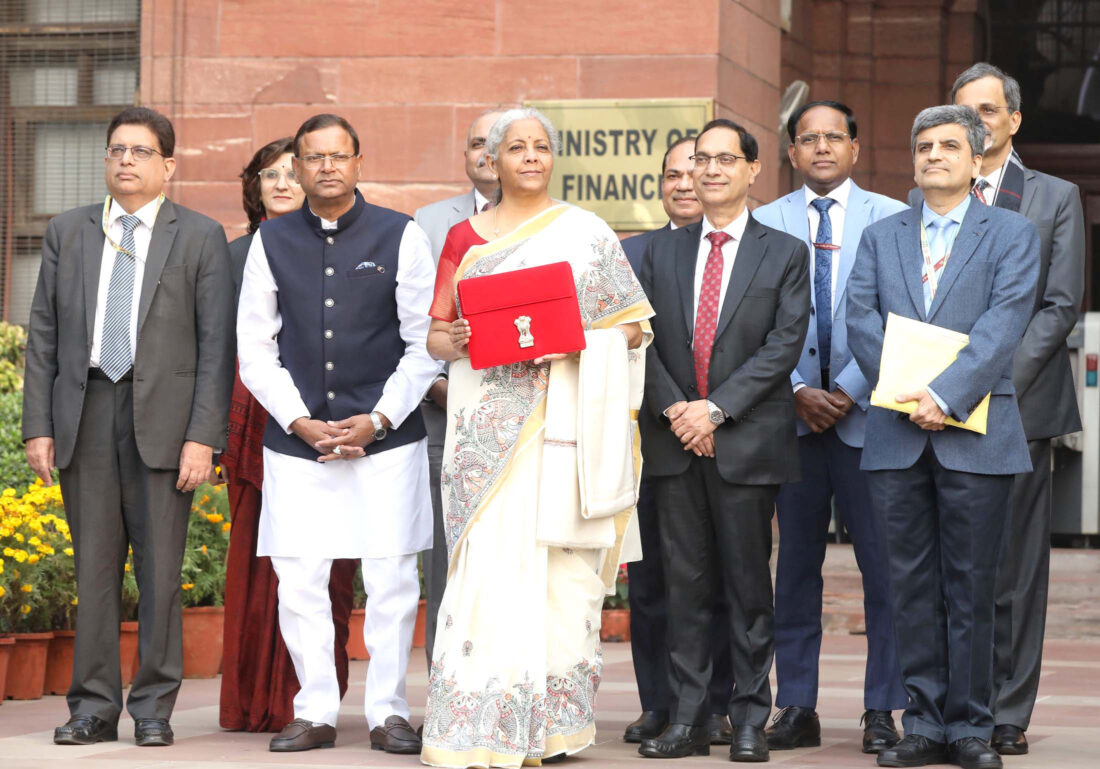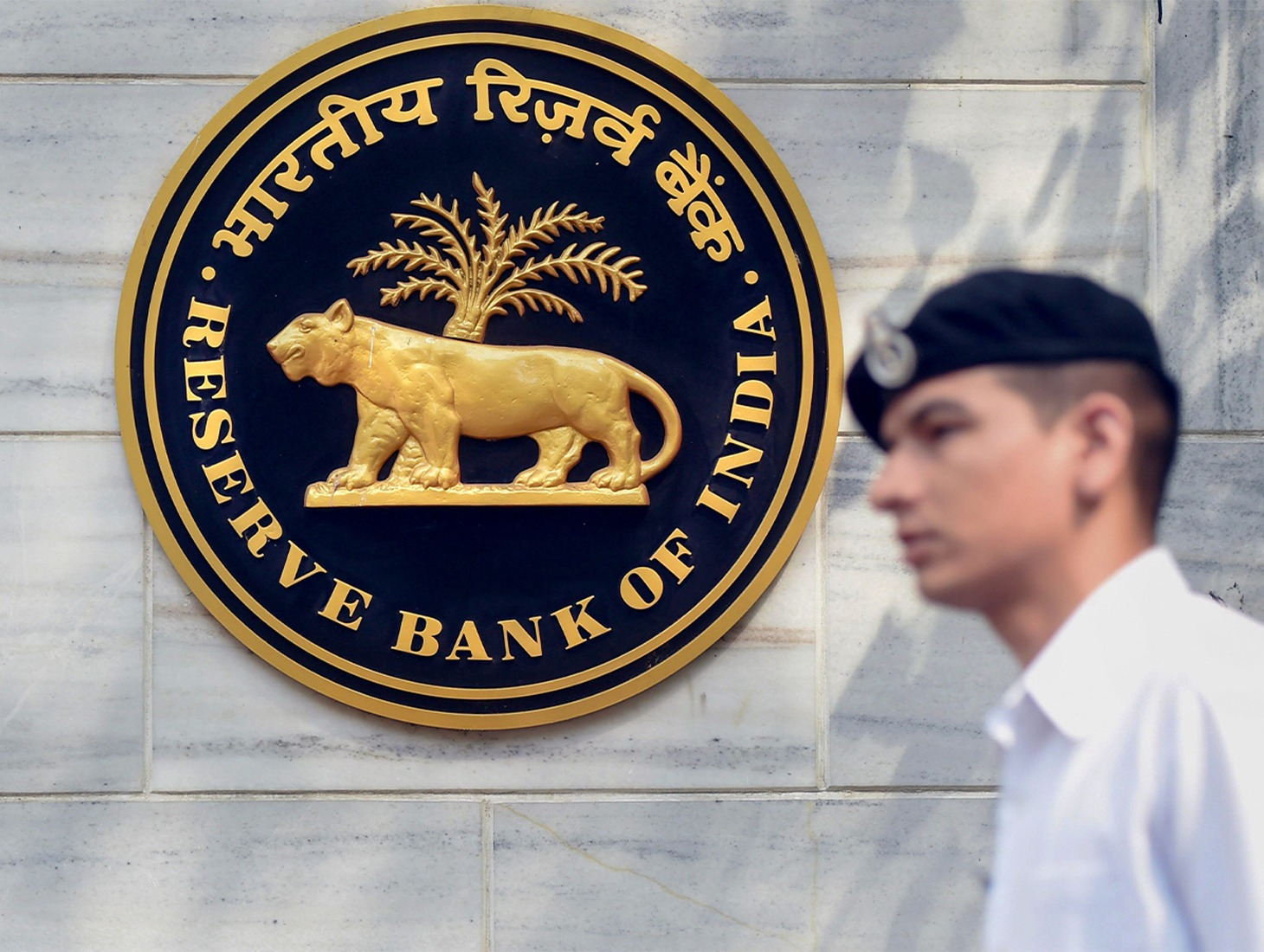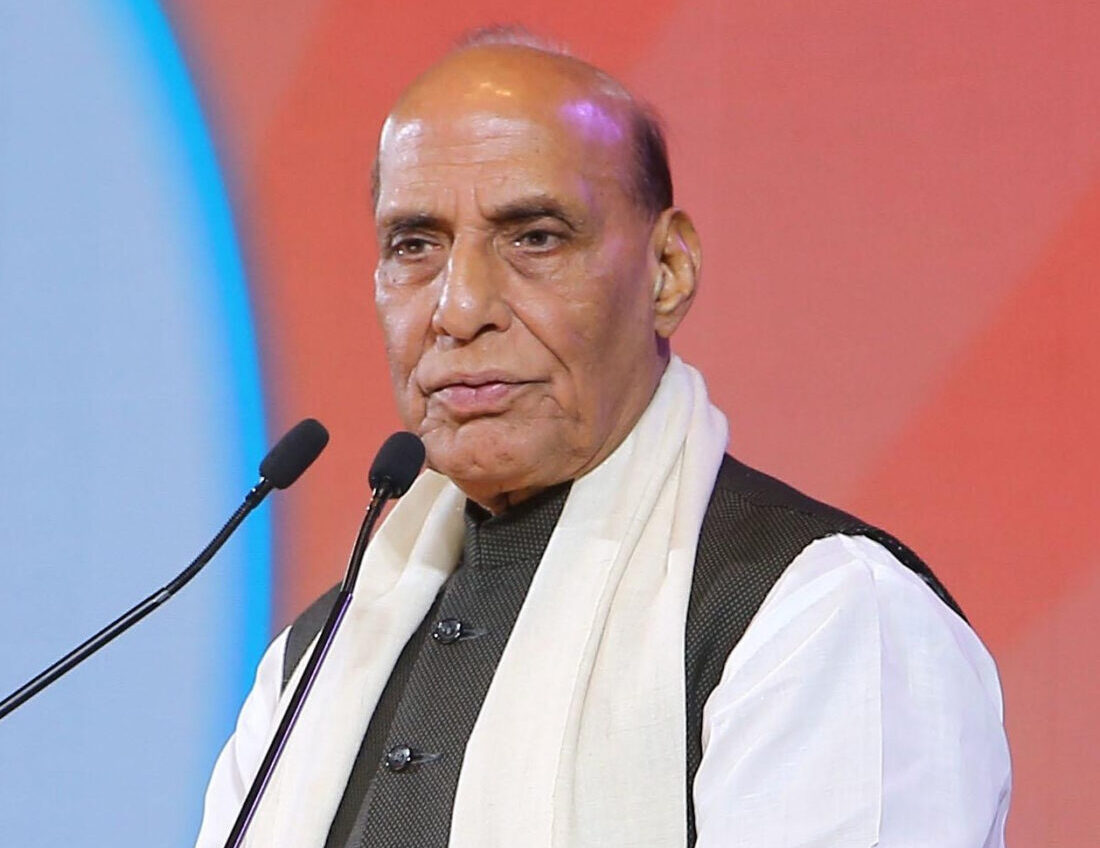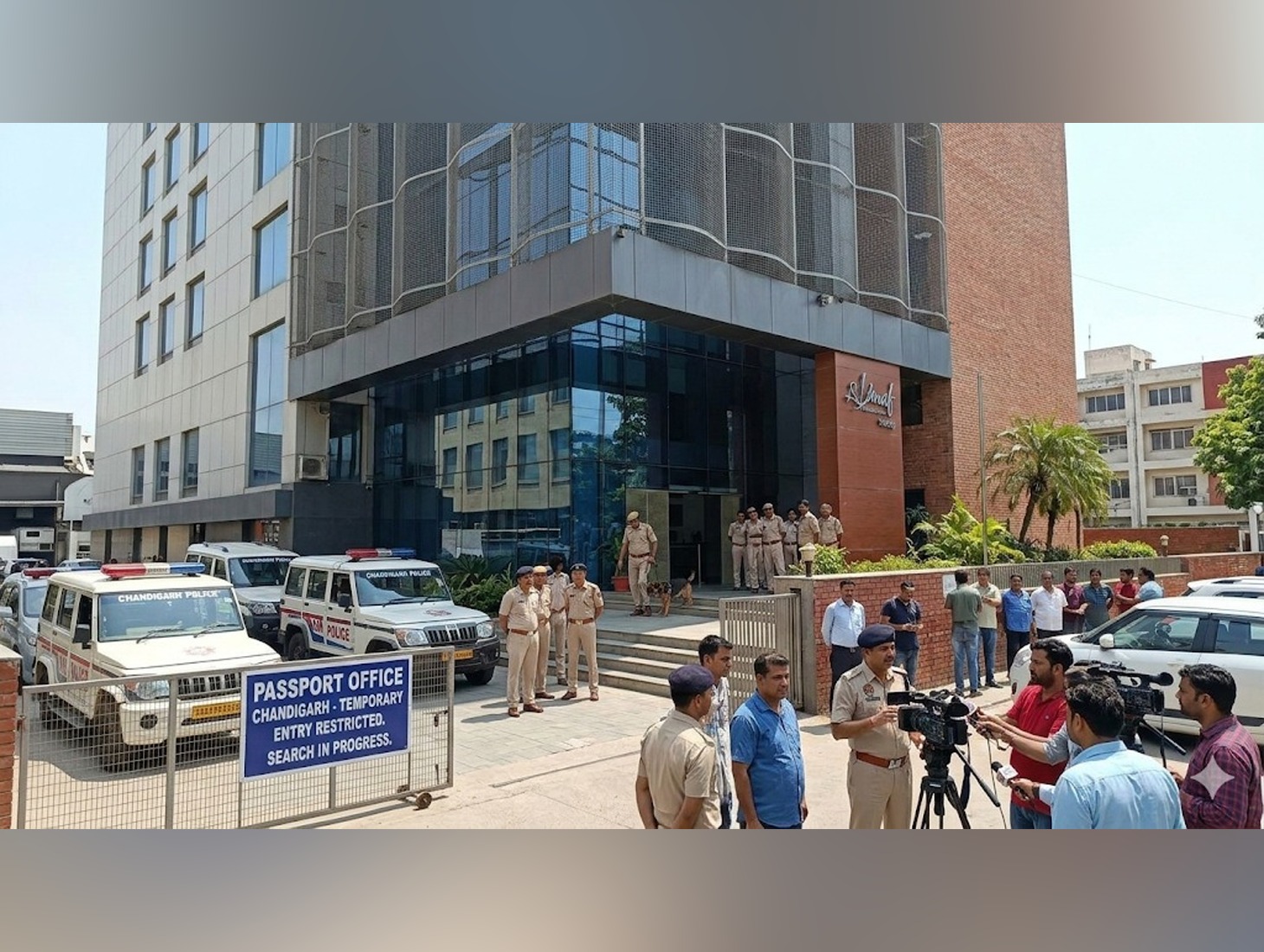North News
New Delhi, February 1
In a bid to further ease the tax burden on the middle class, Union Finance Minister Nirmala Sitharaman presented the Union Budget 2025-26 in Parliament today, reaffirming the government’s commitment to its “trust first, scrutinize later” philosophy. The proposed changes to the tax regime, aimed at providing significant relief to taxpayers, include an increase in income tax exemptions and a restructured tax slab system.
Under the new tax regime, no income tax will be payable for earnings up to Rs. 12 lakh annually (Rs. 1 lakh per month), excluding special income such as capital gains. For salaried individuals, the limit will be Rs. 12.75 lakh, benefiting from a standard deduction of Rs. 75,000. For those earning more than ₹12 lakh per annum, the tax structure has been adjusted as follows: no tax on the first ₹4 lakh, 5% for income between ₹4 lakh and ₹8 lakh, 10% for ₹8 lakh to ₹12 lakh, and 15% for income between ₹12 lakh and ₹16 lakh. Tax rates increase further with a 20% levy on income between ₹16 lakh and ₹20 lakh, 25% for ₹20 lakh to ₹24 lakh, and 30% for those earning above ₹24 lakh annually.

Sitharaman emphasized that these measures would substantially reduce the tax burden on the middle class, thereby increasing disposable income and encouraging savings and investment. “The new structure will leave more money in the hands of taxpayers, boosting household consumption,” she said.
The finance minister also highlighted the importance of tax reforms in realizing India’s vision of a “Viksit Bharat” (Developed India). She described the proposed income-tax bill as embodying the principle of ‘Nyaya’ (justice), making the tax process simpler and more transparent for both taxpayers and the administration. This, she argued, would lead to greater tax certainty and reduced litigation.
In her speech, Sitharaman quoted a verse from The Thirukkural: “Just as living beings live expecting rains, Citizens live expecting good governance.” She underscored that reforms are essential to ensure effective governance, responding to the needs of citizens, as reflected in the proposed tax measures.
















